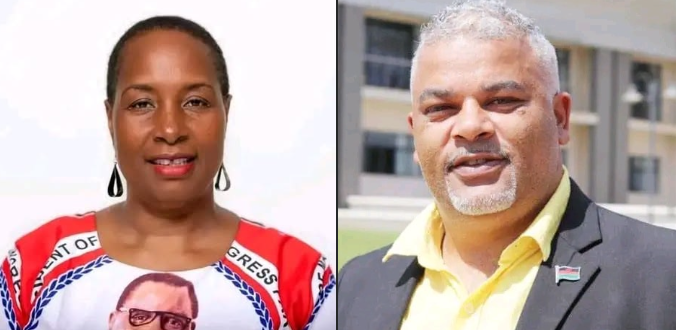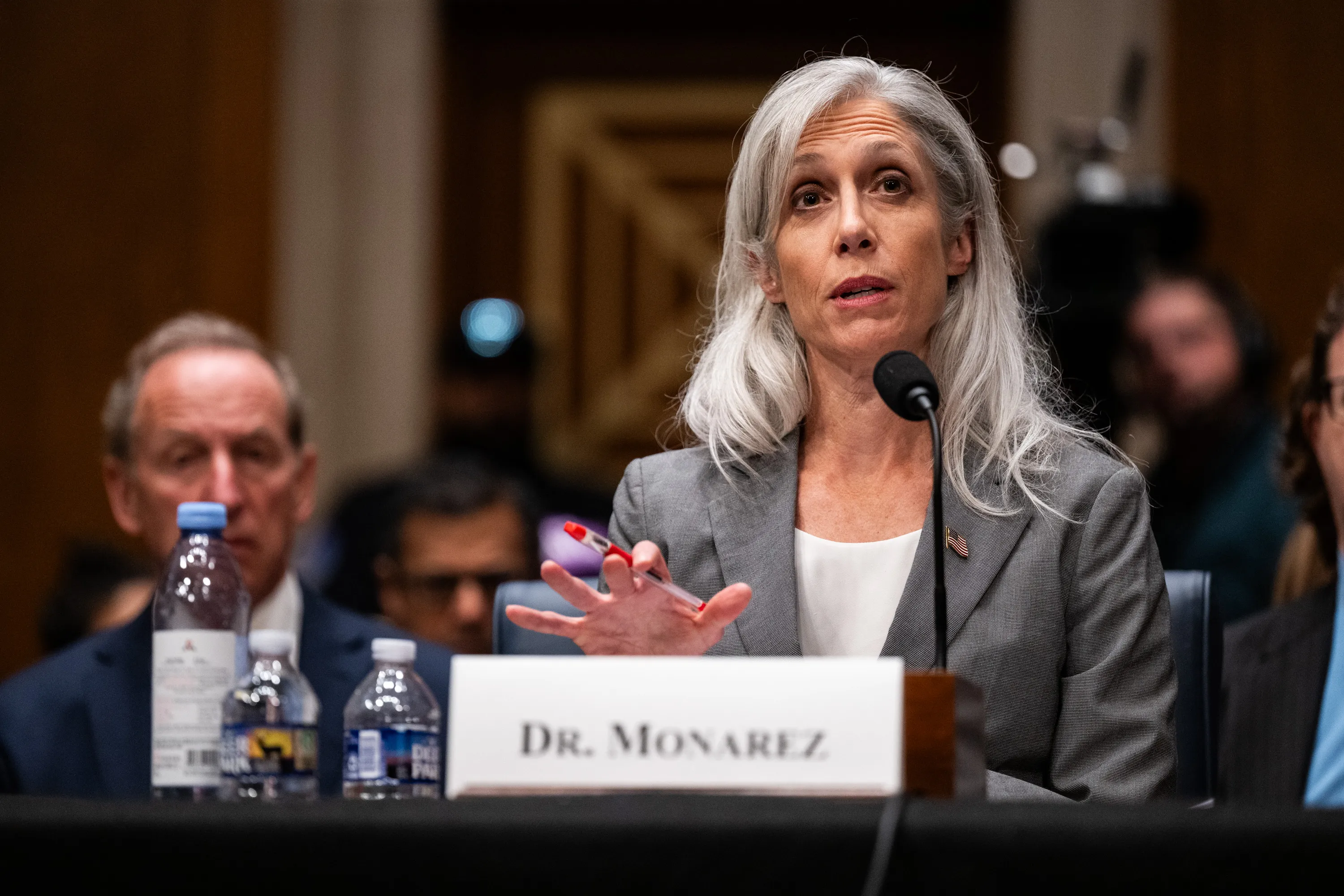
October marks a special occasion in the world of public health: the 25th anniversary of Health Literacy Month. It might not be a holiday you circle on your calendar, but it’s one that deeply impacts you, your family and our entire community.
Have you ever left a doctor’s office with a new prescription, nodding along as the instructions were explained, only to get home and realize you’re not quite sure what “take with food” really means? Or what about receiving an alert that your lab results are in your online patient portal, only to find a confusing jumble of abbreviations and numbers with no clear explanation of what they mean for your health? If so, you’ve encountered the challenge of health literacy. You are also not alone.
Only about 12% of American’s have a proficient level of health literacy. That’s why this month, we’re shining a spotlight on what health literacy is and why it’s one of the most powerful tools you have for managing your well-being.
So, what exactly is health literacy?
According to the public health experts at Healthy People 2030, health literacy isn’t just about being able to read. It’s about your ability to find, understand and use health information and services to make the best decisions for yourself. It’s knowing how to navigate the complex maze of the health care system, from scheduling an appointment to understanding your insurance coverage. And it is about being able to separate health fact from fiction.
But here’s a critical point: health literacy is a two-way street. While we can all take steps to be more informed, the health care system has a profound responsibility to make information accessible and easy to understand. This is called organizational health literacy. It means that hospitals, clinics and even public health websites should present information clearly, without jargon, so that everyone has a fair chance to be healthy. When a doctor or other health provider uses simple language instead of complex medical terms, or a pharmacy provides medication instructions in large, clear print, they are promoting health literacy.
The stakes are incredibly high. When people struggle to understand health information, they are more likely to miss appointments, make errors with their medication and have trouble managing chronic conditions such as diabetes or high blood pressure. This can lead to more frequent emergency room visits, longer hospital stays and poorer health overall. It’s crucial to remember that this isn’t a reflection of a person’s intelligence. Anyone, regardless of their education level, can feel overwhelmed by a new diagnosis or stressed during a medical crisis, making it difficult to process complex information.
The good news is that you have the power to become your own best health advocate. Improving your health literacy empowers you to move from being a passive patient to an active partner in your own care. Here are a few simple strategies you can use:
Ask questions until you understand
Never feel embarrassed to say, “I don’t understand. Can you please explain that in a simpler way?” A great technique is the “Ask Me 3” method. For every visit, try to leave knowing the answers to these three questions: What is my main problem? What do I need to do? Why is it important for me to do this?
Repeat it back
Start with the phrase, “Let me make sure I understand this correctly.” And then repeat back a summary of what you heard. This allows your health care team to correct any misunderstandings and boost your confidence about your health.
Bring a buddy
Ask a trusted friend or family member to join you for appointments. A second set of ears can catch details you might miss, and they can help you remember what was said later.
Write it down
Bring a notebook to your appointments and take notes. Don’t hesitate to ask your doctor or nurse to write down the most important instructions for you, like the names and dosages of your medications.
Use trusted online resources
The internet is full of health information, but not all of it is reliable. For clear, easy-to-understand information, especially on preventive care, I often recommend the MyHealthfinder tool. Found on the official U.S. Department of Health and Human Services website (odphp.health.gov/myhealthfinder, this tool provides straightforward guidance on checkups, screenings and vaccinations recommended for you. It’s a fantastic starting point for understanding how to stay healthy.
This October, let’s all commit to strengthening our health literacy. Be curious, ask questions and seek out clarity. And to my fellow health care professionals, let’s continue our work to make health information accessible to everyone, using resources such as the government’s Health Literacy Online guidelines to ensure we communicate clearly. Your health is your most valuable asset, and understanding it is your fundamental right.
Stay healthy and curious, my friends — and remember that The Nurse Is In. Don’t forget to send your questions my way at thenurseisinwr@gmail.com.
Beth Tremblay is a practicing registered nurse and nurse educator in Hampton Roads. Her practice spans from community and public health nursing to acute care.



